Keywords: Tim Kroenert
There are more than 200 results, only the first 200 are displayed here.
-
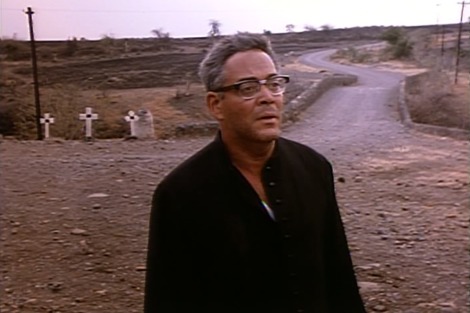
ARTS AND CULTURE
- Tim Kroenert
- 12 February 2015
6 Comments
The late Salvadoran Archbishop Oscar Romero, who as of this month is one step closer to beatification, has long been regarded as one of modern history's great champions of the poor. In 1989 he was 'canonised' on celluloid. The production has not aged well but is elevated by the late Raul Julia, whose conflicted, heroic portrayal of Romero is surely as iconic as the man himself.
READ MORE 
-
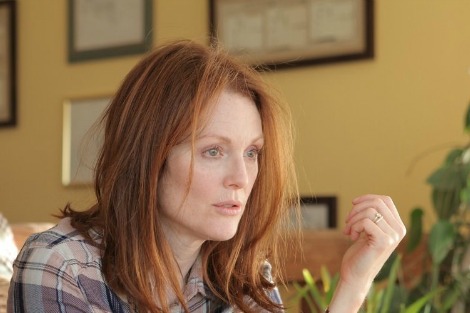
ARTS AND CULTURE
- Tim Kroenert
- 05 February 2015
2 Comments
The brilliant linguistics professor Alice Howland and her biologist husband, John, sit down to break the news to their adult children: Alice has early-onset Alzheimers. At first Alice maintains a fragile, trembling stoicism. But when she tells them the disease may be passed on genetically, the façade slowly implodes. 'I'm sorry,' she weeps, horrified by the prospect of what she clearly sees as a betrayal.
READ MORE 
-
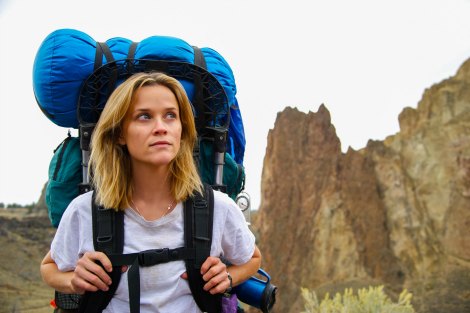
ARTS AND CULTURE
- Tim Kroenert
- 29 January 2015
1 Comment
Cheryl Strayed is haunted by her past — by her own sins, and by tragedies that have befallen her. As she walks, she hums, and the music she hears in her head leads her in and out of the past. Her solo 1600-plus km trek along America's Pacific Crest Trail is a metaphor for her life: each hardship she overcomes brings her a step closer to facing down the fierce regrets that gnash at her heels.
READ MORE 
-
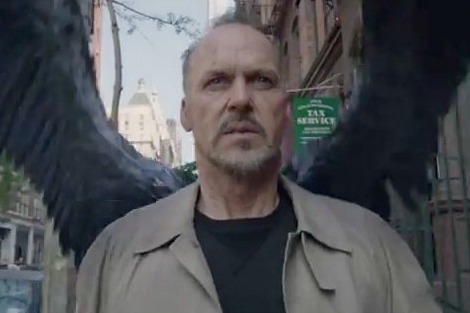
ARTS AND CULTURE
- Tim Kroenert
- 22 January 2015
Riggan's ego is immense. The action takes place backstage during the days leading up to the premier of his latest vanity project, and onstage during a series of previews. Riggan is out of his depth, prone to humiliating blunders, including one that results in a near-naked dash through the crowds of Times Square. But his resolve to affirm his greatness in the eyes of a media and public that has dismissed him is maniacal.
READ MORE 
-
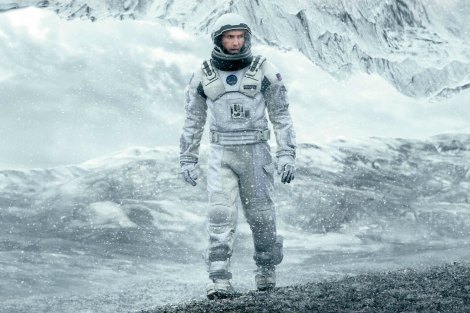
ARTS AND CULTURE
- Tim Kroenert
- 18 December 2014
8 Comments
It's December, and film writers everywhere are putting together their lists of the best films of 2014. But best-of lists are so subjective, so here's our take: ten films from 2014 that are guaranteed to get you thinking, and talking!
READ MORE 
-
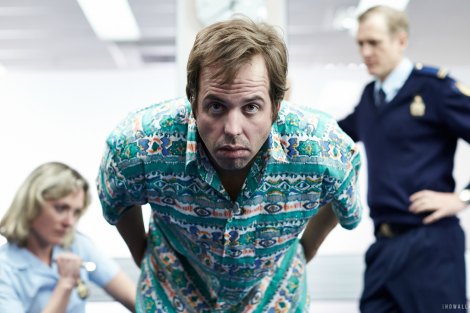
ARTS AND CULTURE
- Tim Kroenert
- 11 December 2014
During an end-of-season trip to Bangkok, impressionable country footy dork Ray is badgered by one of his teammates into turning drug mule. He is picked up in Melbourne, where a couple of nasty cops detain him under supervision for seven days, waiting for him to pass the heroin-filled balloons he ingested. Ray is beset on all sides by systemic corruption, which makes his refusal to poo — fuelled not by greed but by a kind of everyman nobility — seem truly heroic.
READ MORE 
-
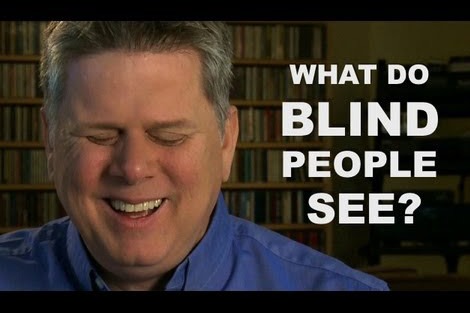
ARTS AND CULTURE
- Tim Kroenert
- 04 December 2014
1 Comment
Try watching slasher parody Scream 4 with your eyes closed and see how much sense it makes. On the other hand, Martin Scorsese's Goodfellas and Kevin Smith's Clerks, with stories driven by strong characters and dialogue, offer up cinematic pleasures even a blind person can appreciate. Welcome to the world of America's Blind Film Critic, Tommy Edison.
READ MORE 
-
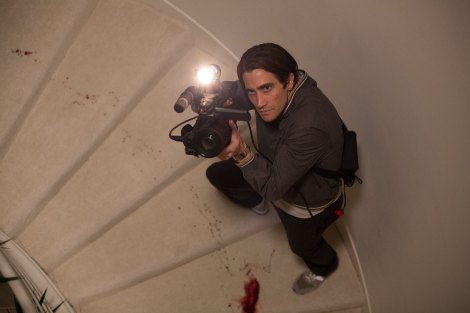
ARTS AND CULTURE
- Tim Kroenert
- 27 November 2014
The 'intervention dilemma' is a perennial consideration for journalists and those who pay them and ought to be dictated by robust personal and institutional ethics. Louis Bloom is an example of what happens when ethics are stripped away and replaced with the bottom line. He raises himself from petty thief to the rank of nightcrawler — a cameraman who specialises in shooting the aftermath of accidents and crimes, and selling the footage to news networks.
READ MORE 
-
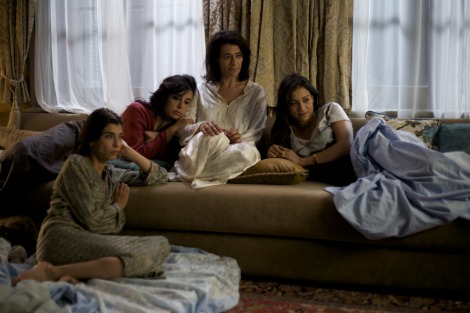
ARTS AND CULTURE
- Tim Kroenert
- 20 November 2014
2 Comments
The three recently reunited sisters are immersed in whispered conversation, during the second day of mourning at the house. In the next room, older men in ceremonial garb chant a mourning ritual. Suddenly, the sisters get the giggles, only to be angrily shushed by one of the men in the next room. But grief can't be stage managed, and it seems only natural that the process should be guided by normal human interaction.
READ MORE 
-
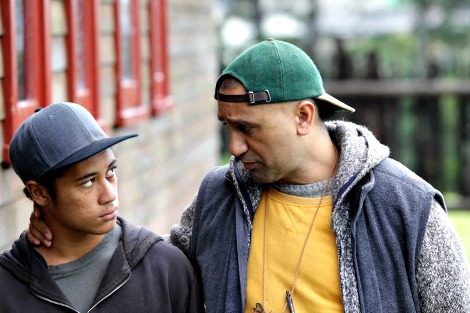
ARTS AND CULTURE
- Tim Kroenert
- 13 November 2014
New Zealand filmmaker Robertson’s latest feature has been described as a cross between modern antipodean classics Once Were Warriors and Shine. Like Warriors, Dark Horse considers masculinity, violence and spirituality in the lives of urban Maoris. Like Shine, it offers a moving portrait of a character whose mental illness appears to be the dark reflection of esoteric, obsessive genius.
READ MORE 
-
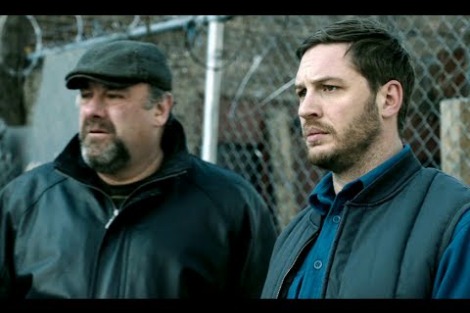
ARTS AND CULTURE
- Tim Kroenert
- 06 November 2014
2 Comments
Bob dutifully attends Mass but never takes communion. He's a fundamentally decent working man, as generous as he is taciturn. He is not the kind of man to, say, turn a blind eye to the plight of an injured dog. But Bob has sinful secrets that he feels alienate him even from God.
READ MORE 
-
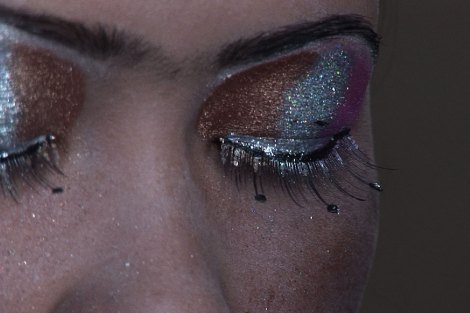
ARTS AND CULTURE
- Tim Kroenert
- 30 October 2014
1 Comment
Orphan Abdul loves Fatemeh, but her father is demanding a prohibitive dowry for her hand. The financial wrangling between Abdul's guardian Mahboba and Fatemah's father Nik, and all this implies about the ways in which young women's futures can be sold and traded as part of an archaic cultural norm, seems crass and is more than a little disturbing to witness.
READ MORE 